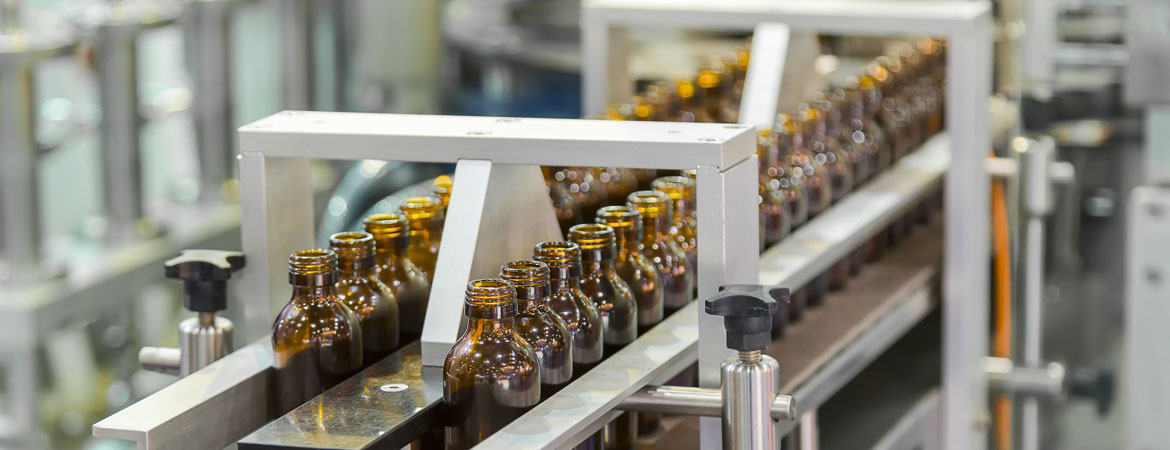Industrial and Manufacturing

Industrial and Manufacturing
Vital Materials manufactures a variety of products used in industrial and manufacturing applications such as glass production, metallurgy, low melt point alloys, and rubber products.
Glass Industry
The glass and ceramics industry is one of the most important traditional chemical industries whose applications are widely used in daily life. Vital Materials can provide an assortment of additives for use in the decolorization of the green tint caused by iron impurities in glass containers, colorization of ceramic glaze, lowering of melting points, improving calcination performance.
Related Products:
Selenium Powder
Cobalt Oxide
Electrolytic Manganese
Selenium is an important catalyst of electrolytic manganese, which can accelerate the electrolytic deposition of manganese. It is also used as a metallurgical additive to improve machinability of copper, lead, and steel alloys.
Related Products:
SeO2
Iron and Steel Industry
Rare metals are often used as additives in metallurgy, improving machinability, strength and fatigue resistance of metallic material, and preventing the formation of graphite flakes in malleable iron. It is also a carbide stabilizer and the nontoxic replacement of materials such as lead, etc. For example, Te is used as an additive in copper alloys to improve machinability without reducing conductivity. Bi metal is used as a nontoxic replacement for lead in brass, free-machining steels, and solders. Re can improve the strength and plasticity of the tungsten, molybdenum and chromium.
Related Products:
Te
Bi
Bearing Metal
Indium can be applied in bearing metals because In-Ag alloys and In-Pb alloys have better heat conductivity than silver and lead. These alloys are mainly used in the lead-plating silver bearing of aircrafts, also can be used as an engine bearing material.
Related Products:
In
Low Melting-Point Alloys
Bismuth metals are often used as major constituents and metallurgical additives of various alloys. One class of alloys, fusible (low-melting-point, as low as 20 °C) alloys, combines bismuth with other metals (such as antimony, cadmium, gallium, indium, lead and tin). Applications for the low-melting-point alloys include fuel tank safety plugs, solders, fire sprinkler triggers, holders for optical lenses, and other materials for machining or grinding.
Related Products:
LMPA
Rubber
TDEC is used in the chemical industry as a vulcanizing agent and accelerator in the processing of rubber, and as a component of catalysts for synthetic fiber production.
Related Products:
TDEC
Polyethylene Terephthalate (PET)
PET offers characteristics such as transparency, strength, durability, light weight, recyclability, and design flexibility, and can be used in numerous applications. GeO2 is an important catalyst for the synthesis of PET, such as water-grade PET and specialty grade PET.
Related Products:
GeO2
The glass and ceramics industry is one of the most important traditional chemical industries whose applications are widely used in daily life. Vital Materials can provide an assortment of additives for use in the decolorization of the green tint caused by iron impurities in glass containers, colorization of ceramic glaze, lowering of melting points, improving calcination performance.
Related Products:
Selenium Powder
Cobalt Oxide
Electrolytic Manganese
Selenium is an important catalyst of electrolytic manganese, which can accelerate the electrolytic deposition of manganese. It is also used as a metallurgical additive to improve machinability of copper, lead, and steel alloys.
Related Products:
SeO2
Iron and Steel Industry
Rare metals are often used as additives in metallurgy, improving machinability, strength and fatigue resistance of metallic material, and preventing the formation of graphite flakes in malleable iron. It is also a carbide stabilizer and the nontoxic replacement of materials such as lead, etc. For example, Te is used as an additive in copper alloys to improve machinability without reducing conductivity. Bi metal is used as a nontoxic replacement for lead in brass, free-machining steels, and solders. Re can improve the strength and plasticity of the tungsten, molybdenum and chromium.
Related Products:
Te
Bi
Bearing Metal
Indium can be applied in bearing metals because In-Ag alloys and In-Pb alloys have better heat conductivity than silver and lead. These alloys are mainly used in the lead-plating silver bearing of aircrafts, also can be used as an engine bearing material.
Related Products:
In
Low Melting-Point Alloys
Bismuth metals are often used as major constituents and metallurgical additives of various alloys. One class of alloys, fusible (low-melting-point, as low as 20 °C) alloys, combines bismuth with other metals (such as antimony, cadmium, gallium, indium, lead and tin). Applications for the low-melting-point alloys include fuel tank safety plugs, solders, fire sprinkler triggers, holders for optical lenses, and other materials for machining or grinding.
Related Products:
LMPA
Rubber
TDEC is used in the chemical industry as a vulcanizing agent and accelerator in the processing of rubber, and as a component of catalysts for synthetic fiber production.
Related Products:
TDEC
Polyethylene Terephthalate (PET)
PET offers characteristics such as transparency, strength, durability, light weight, recyclability, and design flexibility, and can be used in numerous applications. GeO2 is an important catalyst for the synthesis of PET, such as water-grade PET and specialty grade PET.
Related Products:
GeO2
